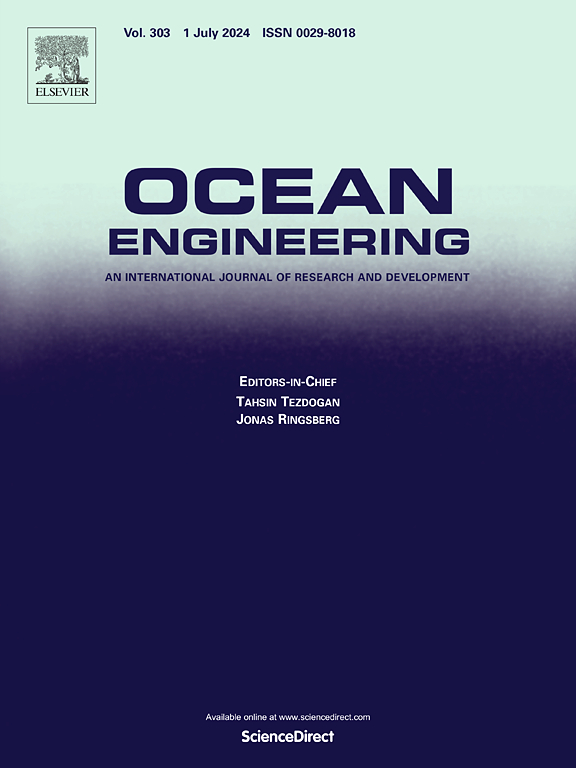From managing risk to reality: A case of maritime safety in Makassar Port, Indonesia using FRAM and AIS data analysis
IF 5.5
2区 工程技术
Q1 ENGINEERING, CIVIL
引用次数: 0
Abstract
As an archipelagic country, Indonesia's efforts to mitigate disparities between the eastern and western regions hinge significantly on maritime transportation and the development of key infrastructure, with Makassar Port, located in central Indonesia, playing a pivotal role in this agenda. In line with this, the Indonesian Ministry of Transportation has implemented Vessel Traffic Services (VTS) to monitor risks and enhance marine traffic safety. However, existing risk models often overlook sociotechnical variability in daily VTS operations. This study presents a new approach that combines the Functional Resonance Analysis Method (FRAM), Automatic Identification System (AIS) trajectory analysis, and the perception-based PARK model to evaluate and handle marine traffic risk. The novelty lies in quantifying function couplings identified via FRAM using real-world AIS data and visualising high-risk maritime zones. A grounding accident near Samalona Island, predicted as high-risk by the model, demonstrated the method's predictive utility. This study emphasises enhancing the reliability of sociotechnical systems, specifically port safety management. The VTS perspective assessment underscores the enhancement of reliability through proactive safety measures. This approach not only aids in preventing accidents but also fosters a culture of safety. Integrating analytics and monitoring enables stakeholders to make informed decisions and enhance maritime safety.
从管理风险到现实:印度尼西亚望加锡港海上安全案例,使用FRAM和AIS数据分析
作为一个群岛国家,印度尼西亚减轻东部和西部地区差距的努力在很大程度上取决于海上运输和关键基础设施的发展,位于印度尼西亚中部的望加锡港在这一议程中发挥着关键作用。为此,印尼交通部实施了船舶交通服务(VTS),以监测风险并加强海上交通安全。然而,现有的风险模型往往忽略了VTS日常操作中的社会技术可变性。本文提出了一种结合功能共振分析法(FRAM)、自动识别系统(AIS)轨迹分析和基于感知的PARK模型来评估和处理海上交通风险的新方法。其新颖之处在于使用真实AIS数据通过FRAM量化功能耦合,并可视化高风险海域。Samalona岛附近的一次地面事故被模型预测为高风险,验证了该方法的预测效用。本研究强调提高社会技术系统的可靠性,特别是港口安全管理。VTS远景评估强调通过主动安全措施提高可靠性。这种方法不仅有助于预防事故,而且还能培养安全文化。整合分析和监测使利益相关者能够做出明智的决策并提高海上安全。
本文章由计算机程序翻译,如有差异,请以英文原文为准。
求助全文
约1分钟内获得全文
求助全文
来源期刊

Ocean Engineering
工程技术-工程:大洋
CiteScore
7.30
自引率
34.00%
发文量
2379
审稿时长
8.1 months
期刊介绍:
Ocean Engineering provides a medium for the publication of original research and development work in the field of ocean engineering. Ocean Engineering seeks papers in the following topics.
 求助内容:
求助内容: 应助结果提醒方式:
应助结果提醒方式:


